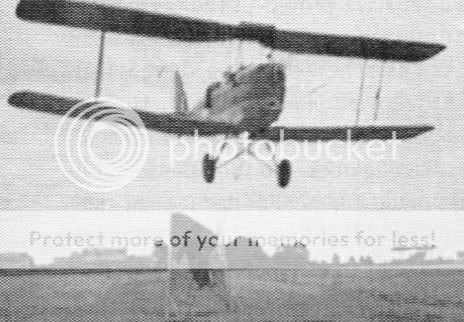@soothsayer : I am an MD, retired surgeon with trauma/combat surgery time, retired naval officer with lots of USMC medical time including general staff. PhD candidate in retirement (history/military history/history of military medicine). Yes, I know folks have had to go on very little water, and there is some adaptation - however I don't care if it is 1640, 1940, or 2019 the physiologic needs of the human body for water are set within relatively narrow limits. The hotter it is, the more physically active you are in the heat etc the more water you need. If you become sufficiently dehydrated, WHICH CAN OCCUR EVEN IF IN THE ARCTIC, very bad things will happen to you. BTW soldiers coming from France where they pretty much had all the water they wanted won't be "adapted" and if they got seasick and vomited on the trip will arrive already significantly dehydrated. Yes soldiers will arrive at the aid station in their poncho in many cases, although this does not doe major fracture cases any favors. However, as you point out, surgery will be on the stretcher on supports, you can't operate lying on the ground. Putting postoperative patients on the ground, rather than on a stretcher is not good for the patient and makes any sort of nursing care almost impossible. You'd really like to make some sort of effort to clean the operating surface (stretcher, table, door off the hinges) between cases infection you know, and do you really want me to describe what fluids can be on that surface? We can debate plasma, but IV fluids (saline etc) were certainly there for volume expansion. The "tea and a fag" is not ideal, but the reality is EVERY trauma case is treated as if they have a full stomach, not the eight hours nothing by mouth for elective surgery.
Trust me, I have made do with field expedients that would freak out the staff of a normal hospital. There is a limit to how far you can go with this. This is true whether you are talking about the American military in 2019, the German military in 1940, the Confederate military in 1862, or the 2nd/3rd century Roman military, all of which and more have been objects of my personal scholarly studies. Absent some basic level of supplies the medical staff is quickly reduced to caring for relatively minor wounds and anyone with serious injuries is going to die. Absent "x" numbers of calories a day or "y" liters of water a day, depending on local conditions and activity, sooner or later (much sooner for water) you will see deleterious effects of dehydration or starvation.

